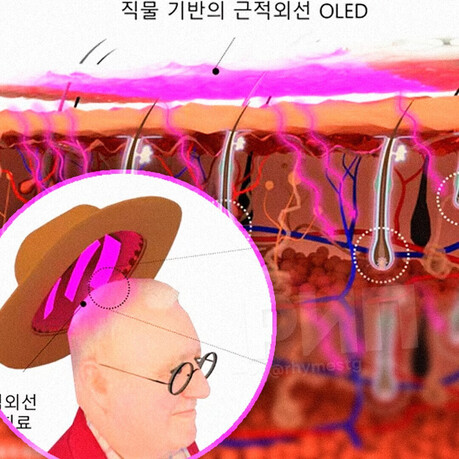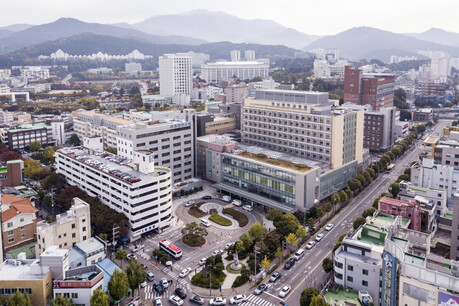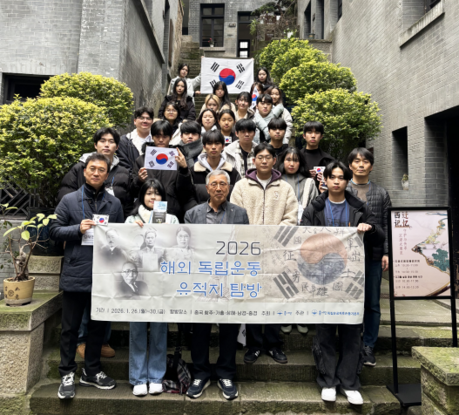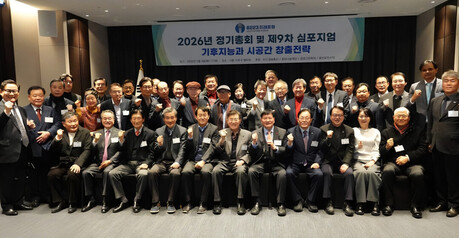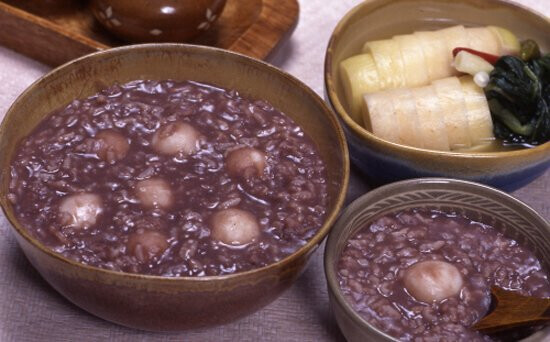
Patjuk, a red bean porridge, is a traditional Korean dish that is consumed on Dongji, the winter solstice. It is deeply rooted in Korean culture and carries significant symbolic meaning.
What is Patjuk?
Patjuk is made by boiling red beans until they are soft and then blending them into a thick, smooth porridge. Often, small glutinous rice balls called seolgi are added to the porridge. The red color of the beans is believed to ward off evil spirits, and the sweet and savory flavor of the porridge makes it a comforting winter treat.
Ingredients and Flavors
Red beans: The primary ingredient, red beans provide a sweet and slightly earthy flavor.
Glutinous rice: Used to make seolgi, glutinous rice adds a chewy texture to the porridge.
Salt: Salt enhances the overall flavor of the porridge.
How to Make Patjuk
Ingredients:
1 cup red beans
6 cups water
1/2 cup glutinous rice flour
1/4 teaspoon salt
Instructions:
Soak the red beans: Soak the red beans in water overnight.
Cook the red beans: Drain the soaked beans and place them in a large pot with fresh water. Bring to a boil, then reduce heat and simmer until the beans are soft and easily mashed.
Make the seolgi: In a separate bowl, combine glutinous rice flour with a little water to form a dough. Roll the dough into small balls.
Combine: Mash the cooked red beans and add them back to the pot. Add salt and bring to a boil. Gently stir in the seolgi.
Serve: Serve hot.
Cultural Significance
Patjuk is more than just a food; it is a symbol of winter and renewal. The red color of the beans is associated with Yang energy, which is believed to counteract the negative energy associated with the winter solstice. Eating patjuk on Dongji is seen as a way to ward off evil spirits and bring good luck for the coming year.
Patjuk as a Global Food
While patjuk is a traditional Korean dish, its unique flavor and cultural significance have made it a popular item on the menus of many Korean restaurants worldwide.
In conclusion, patjuk is a delicious and nutritious dish that is deeply rooted in Korean culture. Its rich history and symbolic meaning make it a special treat that is enjoyed by people of all ages.
source : Global Economic Times(https://www.globaleconomictimes.kr)
[Copyright (c) Global Economic Times. All Rights Reserved.]

















